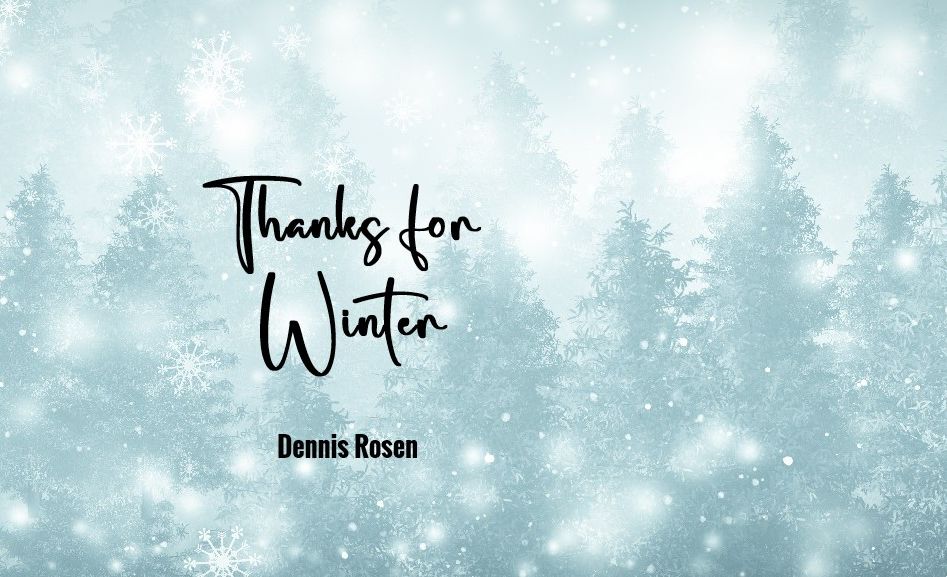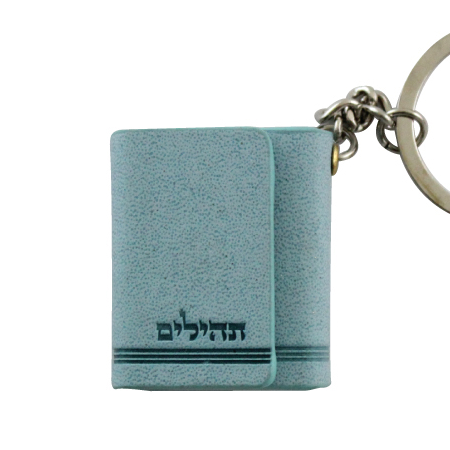
From Down Under
Compared to Israelis, Australians have no worries. They move fearlessly through parks and shopping centers, with no security guards searching their bags and purses...

My husband and I spent our Passover holiday in Australia. Our son Menachem is a Rabbi in the community of Melbourne, a lovely suburb with a vibrant Jewish community.
Nevertheless, the Jews are obviously a minority.
It has been a long time since I was surrounded by non-Jews and unlike my son and his family, I felt very self-conscious. It was obvious that we were Jewish, the kids yarmulkes and tzitzit were a dead giveaway. I even overheard a young child ask his mother, “Why are those kids wearing black caps?” and she told him, “Because they are Jewish.”
I’ll tell you one thing. When I am being observed by gentiles I watch my behavior a lot more carefully than I do at home in Israel. I suppose that subconsciously I know that whatever someone may dislike about me here, it won’t be attributed to me being Jewish! There I am very concerned about the impression I make.
I remember several years ago, when Menachem still lived in Sydney, he took us all to the zoo. As we stood near the gorillas, the baby ones began to wrestle. Eager for my grandchildren to see, I maneuvered my way directly in front of the cage, providing the three kids a birds-eye view.
After we had moved on my daughter-in-law, herself an Israeli, told me that a few people had commented on my rudeness. I was mortified! In Israel you would have to be a “frier” (sucker) not to move assertively to  the front! Being a frier is a grave mistake in Israeli culture. It means being a loser, a wimp, someone easy to take advantage of. It has such a bad stigma in Israeli culture that people go to ridiculous lengths to avoid the very idea of coming across as one. “What! Do you think I’m a FRIER?” is a common accusation when someone feels he is being exploited.
the front! Being a frier is a grave mistake in Israeli culture. It means being a loser, a wimp, someone easy to take advantage of. It has such a bad stigma in Israeli culture that people go to ridiculous lengths to avoid the very idea of coming across as one. “What! Do you think I’m a FRIER?” is a common accusation when someone feels he is being exploited.
Jews have so often and for so long been the victims of other cultures and religions. They have been robbed, ridiculed and abused in every possible way. They are survivors with the mentality that accompanies that-looking out for number one (myself) because their trust in others has been broken throughout centuries of antisemitism, tragically, in some cases, by fellow Jews.
And here comes the challenge of when do I push and when do I let go and employ my emuna (faith) that God will surely give me what I need without me pushing?
And if I don’t get what I “need” do I really need it?
In Australia, a country that is relaxed to the point where its own citizens describe themselves as the laziest of people, a country that is huge, beautiful and boasts a very low crime rate, there is no need to be constantly on the defensive. There is no need to manically honk your horn (why rush?) no need to push yourself onto the bus (most people drive cars), no need to shove someone’s shopping cart out of your way (it’s just not done to leave it sitting in the middle of the aisle and besides the aisles are wide and the carts are small (like the size of the families). No one is nervous, no one yells and almost no one smokes.
The shops and malls close at six in the evening, there is no desperate struggling for a living, and competition is channeled through sports.
It is so easy to stop an Australian and ask for directions. They respond with long and detailed instructions and big smile. When you thank them the standard reply is,”No worries!”
And I guess that sums it up. Compared to Israelis, they have no worries. They move fearlessly through parks and shopping centers, with no security guards searching their bags and purses. No metal detectors, no checkpoints, no soldiers, no guns.
Can we live life here in Israel (or anywhere) as if we too had no worries? If I had absolute faith that I would get a seat on the bus would I push to get on or would I wait patiently? Am I being a frier (sucker) if I don’t argue with a taxi driver who is overcharging? Is it rude to wedge my way tightly between two women davening to stand close to the Kotel after waiting for twenty minutes for a chance to touch the stones?
I have to think about it. Perhaps each case needs to be measured on its own. There is a season for all things, a time to push and a time to wait patiently. A time to fight and a time to accept. The main thing to keep in mind is what is appropriate and what is praiseworthy? As much as I was aware of non-Jews watching my behavior in Melbourne, there is Someone Else watching me no matter where I am or who I am among. My Australian grandchildren have been taught to behave (especially in public) in a way that brings honor to the King. Nothing less is expected of me.










Tell us what you think!
Thank you for your comment!
It will be published after approval by the Editor.